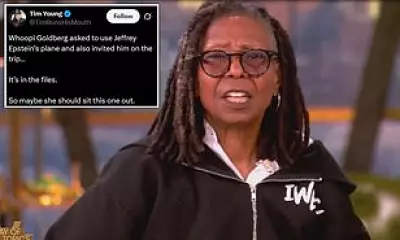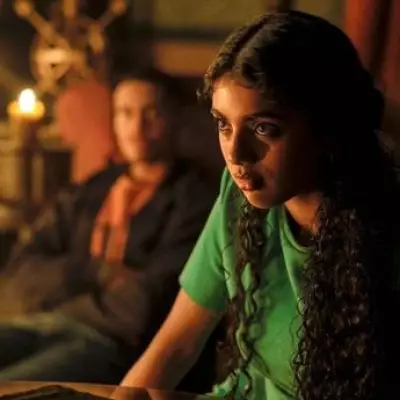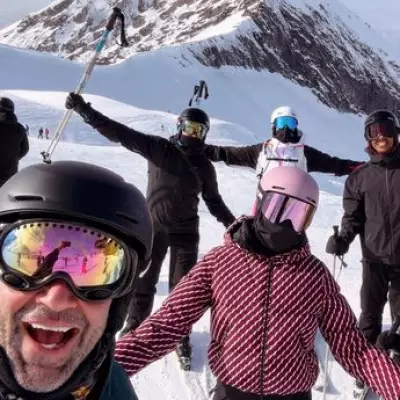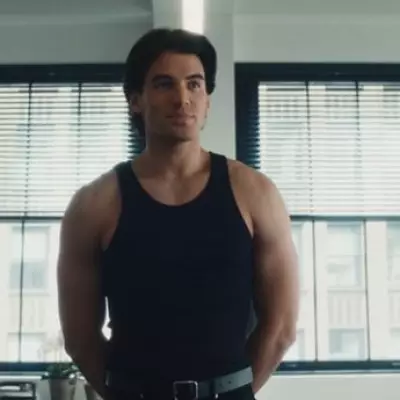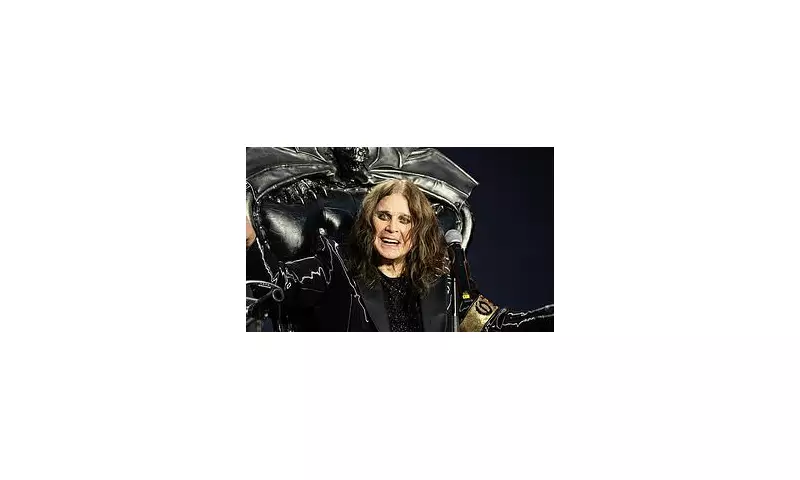
The BBC has been forced to withdraw a documentary about rock icon Ozzy Osbourne after his family expressed serious concerns about the production. The film, which was set to explore the Black Sabbath frontman's life and career, was reportedly pulled due to complaints that it was 'rushed' and lacked proper involvement from Osbourne's inner circle.
Sharon Osbourne, Ozzy's wife and long-time manager, reportedly raised objections to the documentary's content and pacing. Sources close to the family claim they were not adequately consulted during the production process, leading to fears that the final product might misrepresent the rock legend's story.
Family Frustrations Over Production
Insiders reveal that the Osbourne family felt the documentary was being assembled too quickly, potentially compromising its accuracy and depth. 'There were concerns that key aspects of Ozzy's life and career might be glossed over or presented out of context,' a source close to the production told reporters.
The BBC has not commented on whether the documentary might be reworked and rescheduled following these developments. This isn't the first time the broadcaster has faced criticism over its handling of music documentaries, with some artists and estates previously expressing dissatisfaction with similar projects.
Ozzy's Ongoing Health Battles
The news comes as Ozzy continues to battle health issues that have forced him to cancel numerous tour dates in recent years. The 74-year-old rocker has been open about his struggles with Parkinson's disease and other ailments, though he continues to work on new music when his health permits.
Fans of the Prince of Darkness will now have to wait longer for what they hoped would be a comprehensive look at his extraordinary career, from Black Sabbath's formation in Birmingham to his successful solo career and reality TV fame with 'The Osbournes.'
This development raises questions about how broadcasters balance artistic vision with the rights of subjects and their families when producing biographical content. The BBC's decision to pull the documentary suggests they're taking these concerns seriously, though it remains unclear whether the project will eventually see the light of day in some revised form.

